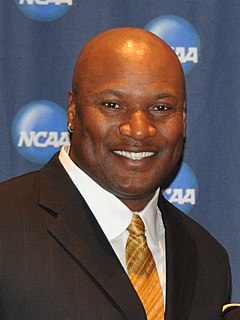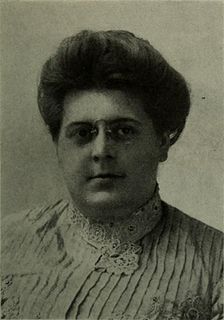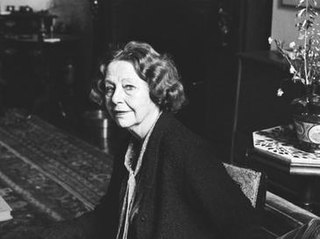A Quote by Aleksandr Solzhenitsyn
Related Quotes
You must get into the habit of looking intensely at words, and assuring yourself of their meaning, syllable by syllable-nay, letter by letter... you might read all the books in the British Museum (if you could live long enough) and remain an utterly "illiterate," undeducated person; but if you read ten pages of a good book, letter by letter, - that is to say, with real accuracy- you are for evermore in some measure an educated person.
My favorite six letter word is always because it promises so much. My favorite five letter word is never because it insists on contradicting the promise. My favorite four letter word is once because it says it happened then. My favorite three letter word is yes because I’m just now learning to say it to my heart. My favorite two letter word is if because it makes all things possible like this: If not always If not never Then once. Yes.
Darling, You asked me to write you a letter, so I am writing you a letter. I do not know why I am writing you this letter, or what this letter is supposed to be about, but I am writing it nonetheless, because I love you very much and trust that you have some good purpose for having me write this letter. I hope that one day you will have the experience of doing something you do not understand for someone you love. Your father
Mama wrote a letter to my father saying' I want to work with you' and she ended the letter saying' in Italian I can only say ti amo( I love you)' and of course the press used that to say women are sexual predators, in 1949 they made a first film together,' Stromboli', and they fell in love and my mother became pregnant with my brother Roberto before she could obtain a divorce.
With this 'social media,' instead of letters you get emails. They're all written in a hurry, with no punctuation, no paragraphs - it's one continual stream, with spelling mistakes. Quite frankly I think it's a world I don't need. But I have to read them all because people say, 'Did you get my letter?' And it's not even a letter!
A letter is not a dialogue or even an omniscient exposition. It is a fabric of surfaces, a mask, a form as well suited to affectations as to the affections. The letter is, by its natural shape, self-justifying; it is one's own evidence, deposition, a self-serving testimony. In a letter the writer holds all the cards, controls everything about himself and about those assertions he wishes to make concerning events or the worth of others. For completely self-centered characters, the letter form is a complex and rewarding activity.







































